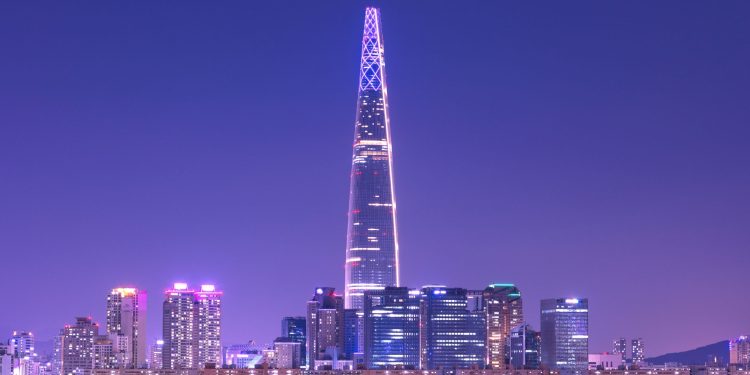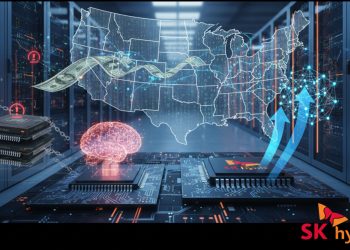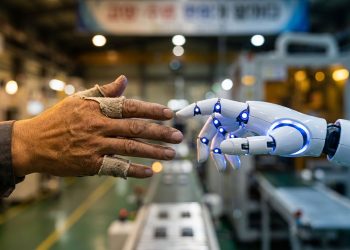South Korea is making a major push to lead in the global artificial intelligence (AI) race with a strategy that resembles wartime-level mobilization. As part of this effort, President Lee Jae-myung has appointed Ha Jung-woo, the head of Naver’s AI Innovation Center, as the country’s first-ever chief secretary for AI policy. A new dedicated AI unit will also be created within the presidential office to support this role and guide national-level AI initiatives.
South Korea’s AI strategy is a massive 100 trillion won (US$735 billion) investment aimed at building a “sovereign AI” trained exclusively on the Korean language, culture, and historical records. The goal is to develop an AI model that truly represents the nation’s identity while boosting domestic innovation and reducing reliance on foreign technologies.
President Lee has consistently underlined the importance of artificial intelligence as a national priority, making the 100 trillion won ($735 billion) investment pledge a key campaign promise. His vision of a sovereign AI, built on Korean language and cultural data, is now being put into action.
Ha, a longtime advocate of the idea, has stressed the need for Korea to control its own AI development and reduce its dependence on foreign systems. He has proposed that the government back several national AI champions with critical infrastructure, including at least 5,000 GPUs each.
Ha, who heads Naver’s Future AI Centre, supports a collaborative public-private approach to AI development. In this model, the government would provide infrastructure support while private companies would develop the technology. The goal is to make sovereign AI systems widely accessible by releasing them as open-source tools. This strategy aligns with South Korea’s broader digital goals and could help spur innovation across sectors. Following the announcement, investor confidence rose sharply, with stock markets responding positively over consecutive days.
These recent developments build on earlier momentum in Korea’s AI infrastructure plans. In February 2025, a $10 billion project for a massive 3-gigawatt data center in Jeollanam-do was unveiled, with backing from prominent investors and plans to expand to $35 billion by 2028.
Despite the bold scale of President Lee’s proposed 100 trillion-won AI initiative, critics note that the plan lacks clarity on funding sources and execution. Industry stakeholders have raised concerns over how the government will allocate such a large sum and which sectors will benefit most.
Experts suggest that for the investment to deliver real value, it should focus on strategic areas where Korea already has a competitive edge, particularly in semiconductors and biotechnology. Targeted applications of sovereign AI in these sectors could boost national competitiveness and support economic growth.
Meanwhile, the SK Group has shared more details about its upcoming AI data center in Ulsan, which is being developed jointly with AWS. The project will be rolled out in stages, starting with a 41-megawatt facility scheduled for completion by November 2027.
A second phase, expected by February 2029, will expand the capacity to 103 megawatts. It follows SK Telecom’s earlier efforts, including the launch of its first AI data center in Seoul, which offers GPU-as-a-Service to support the growing demand for computing power.







